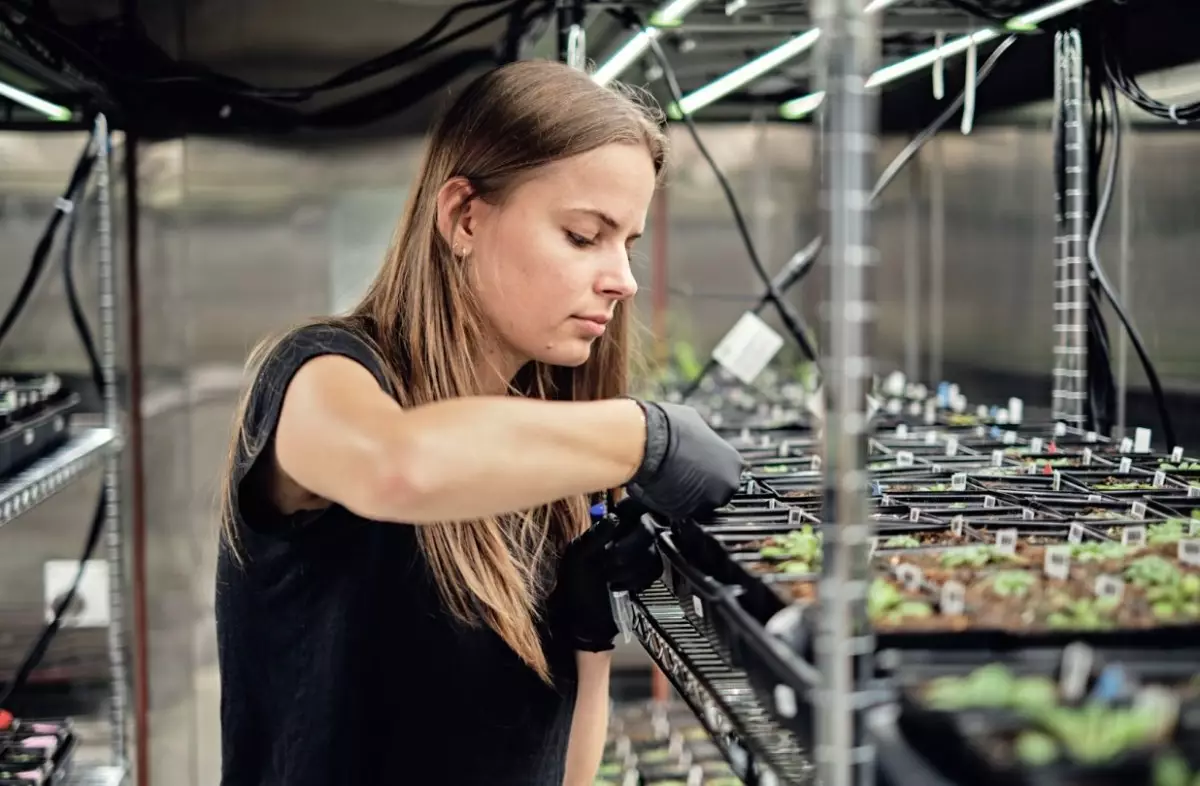This week, the innovation hub of Google X unveiled a remarkable endeavor: Heritable Agriculture, a startup built on the principles of data analysis and machine learning. Heritable seeks to transform the agricultural landscape, aiming to enhance the efficiency of crop growth while addressing the environmental challenges posed by conventional farming practices. As society grapples with its impact on the planet, Heritable’s approach feels both timely and essential.
The Challenges Facing Agriculture
Agriculture is a double-edged sword—it is vital for human sustenance yet significantly detrimental to the environment. A staggering 25% of global greenhouse gas emissions can be traced back to farming activities. The sector is also notorious for its excessive use of water resources, leading to a depletion of groundwater. Furthermore, the heavy reliance on chemical fertilizers and pesticides contributes to soil degradation and water pollution, creating a perfect storm that threatens our landscapes and ecosystems.
In this context, Heritable Agriculture’s mission becomes even more relevant. By harnessing insights from data and integrating machine learning, the startup aims to be a catalyst for change in how crops are cultivated, aiming to alleviate some of the pressure agriculture places on the planet.
Heritable’s foundation was laid by Brad Zamft, an esteemed physicist with experience at both the Bill & Melinda Gates Foundation and TL Biolabs. At Google X, Zamft led the charge in exploring how to optimize plant growth, driven by a singular vision: to adapt an ancient practice to modern needs through technology.
By deploying advanced machine learning algorithms, Heritable analyzes complex plant genomes to identify ideal genetic combinations. The intent is to not only boost crop yields but to simultaneously reduce the amount of water required for growth and increase the plants’ carbon absorption capabilities. These improvements could offer a sustainable pathway toward more efficient food production at a time when global demand is surging.
Research and Development: Bridging Science and Practicality
To bring their concepts to life, Heritable has conducted extensive research, manipulating thousands of plant specimens in controlled environments. Utilizing specialized growth chambers at Google X’s headquarters, the team has diligently worked to refine their models. Field trials across various sites in the United States, including California, Nebraska, and Wisconsin, have further informed their understanding and techniques, ensuring that their innovations are both grounded in science and applicable in real-world settings.
While the potential for gene editing, particularly through techniques like CRISPR, may lie in Heritable’s future, the current focus remains on traditional breeding methods. Zamft emphasizes the necessity of improving breeding techniques before delving into genetic modifications. This methodical approach highlights the team’s commitment to sustainable practices, ensuring they recognize immediate opportunities for enhancing crop genetics without straying into the controversial territory of genetic engineering—at least for now.
As Heritable Agriculture transitions from concept to reality, the emphasis is on bringing their technologies to market. Zamft has indicated that the startup is pursuing commercialization, albeit without a set timeline or confirmed partners. This step highlights the often chaotic nature of tech startups, where the path from innovation to marketplace can be fraught with unpredictability.
Funding has been acquired through a seed round backed by several entities, including FTW Ventures and Mythos Ventures, reflecting a growing interest in agri-tech solutions. Notably, Google itself has invested, cementing its commitment to fostering innovations that align with sustainability goals.
The emergence of Heritable Agriculture stands as a beacon of hope amid growing environmental concerns. With agriculture at a crossroads, solutions that weave together science, sustainability, and technology are imperative. As Heritable cultivates not just plants but a vision for a more responsible agricultural practice, their journey could redefine the industry’s future—one seedling at a time. The collaboration of technology and traditional farming can ultimately nurture a more resilient planet, promising a more sustainable food system for generations to come.

